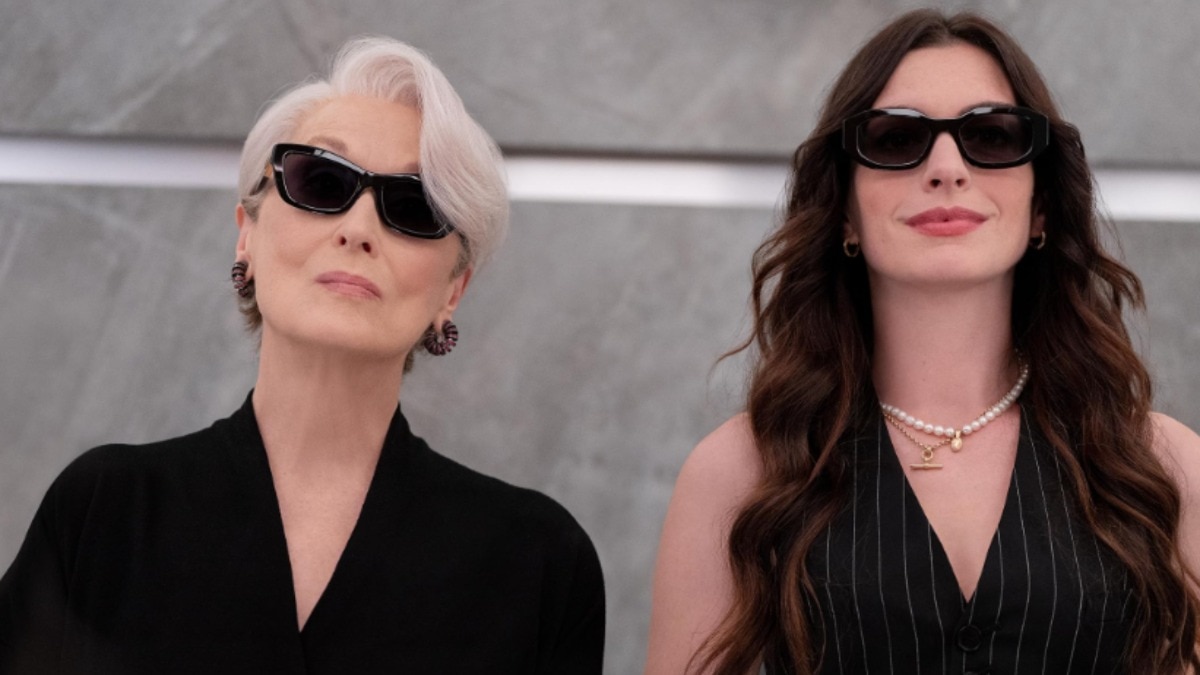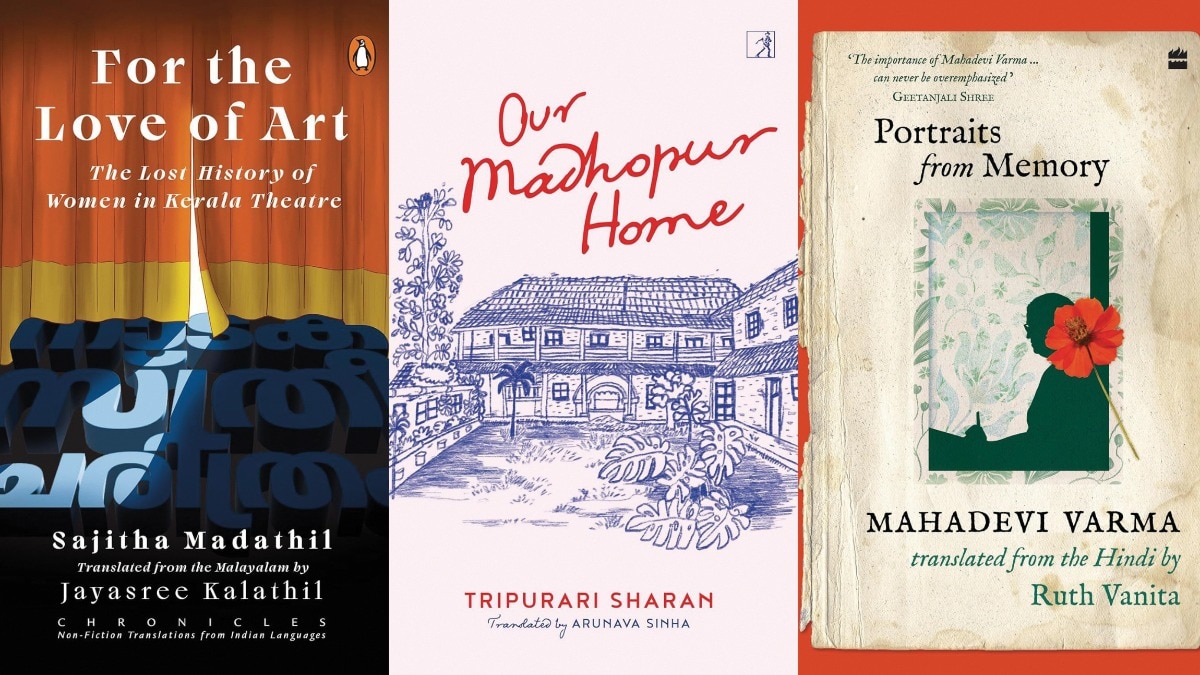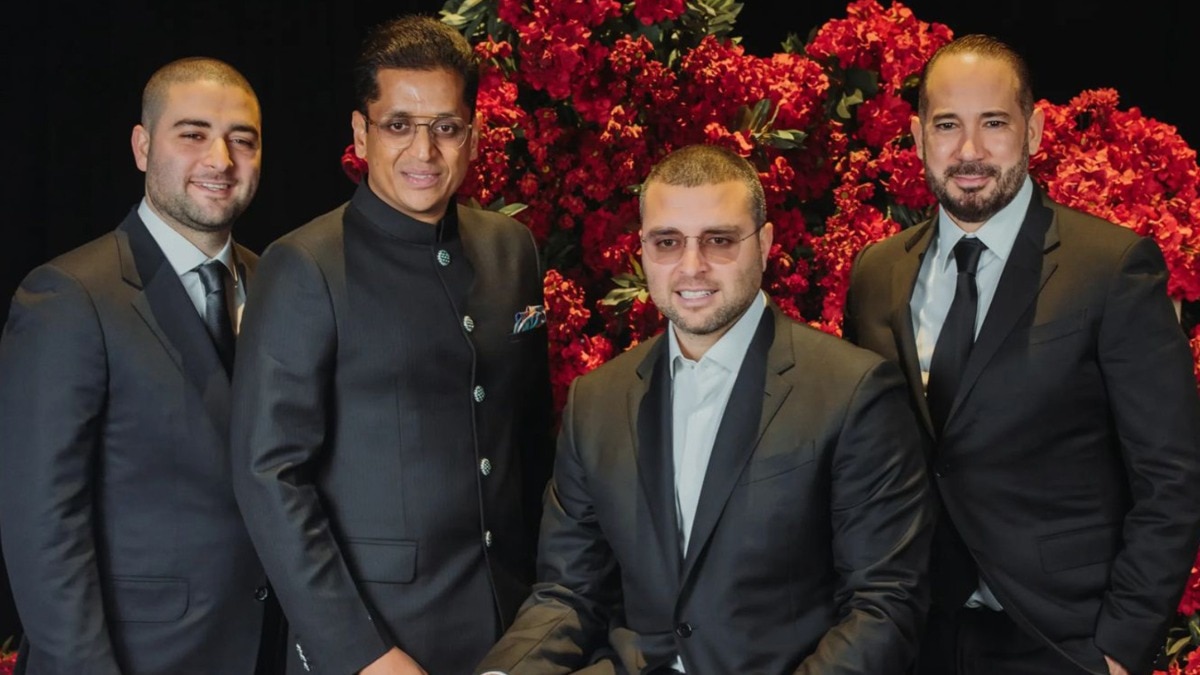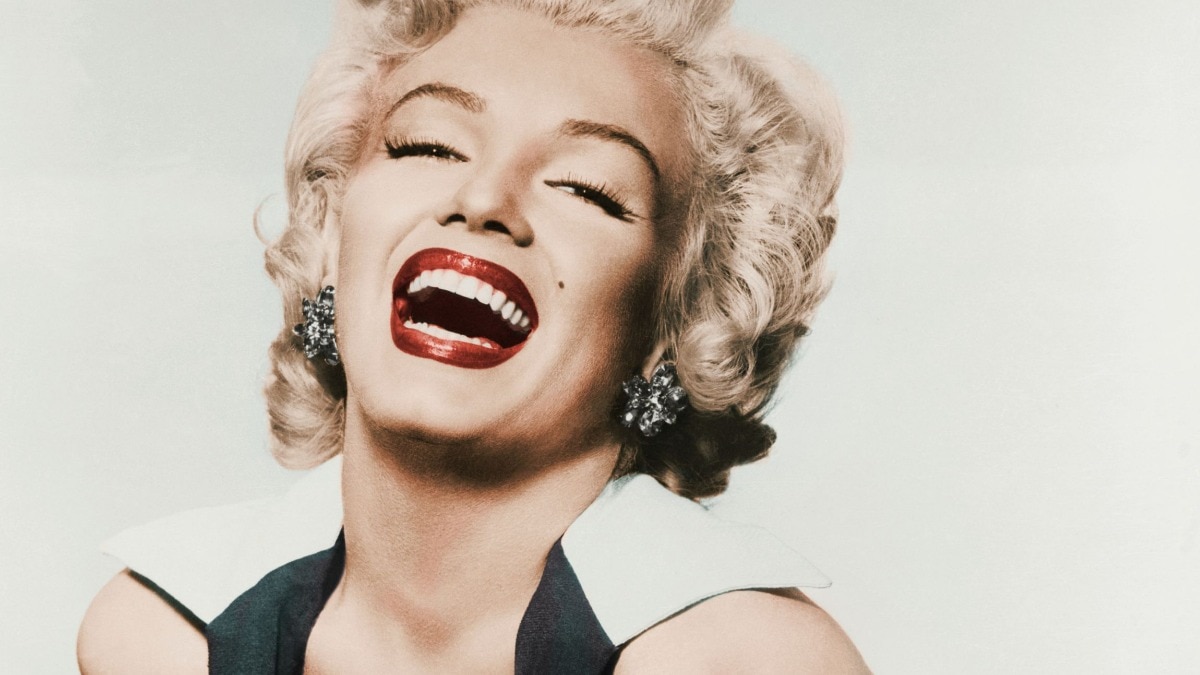
5 female writers who celebrate womanhood and champion individuality through their works
Bazaar India dives into the worlds of Karuna Ezara Parikh, Ruby Dhal, Nikita Gill, Shrayana Bhattacharya, and Aanchal Malhotra.


In the realm of literature, where stories intertwine with the melodies of lived experiences, five remarkable voices resonate with empowerment and resilience. From the bustling streets of Delhi to the serene landscapes of Kashmir, authors Karuna Ezara Parikh, Ruby Dhal, Nikita Gill, Shrayana Bhattacharya, and Aanchal Malhotra embark on journeys of self-discovery, empathy, and unwavering determination. Their narratives, diverse yet intertwined, weave a tapestry of womanhood, amplifying the voices often muted by society's din. Join us as we dive into their worlds, where words paint portraits of strength, vulnerability, and the eternal quest for liberation.
Karuna Ezara Parikh

Music and lyrics, especially from the rock and roll genre, introduced Karuna Ezara Parikh to the world of rhyme and rhythm, fostering a deep love for poetry. Moving from the fast-paced metropolis of Delhi to the slower rhythm of Kolkata shaped her experiences profoundly. Kolkata, with its artistic vibe and unhurried pace, provided the author with the space and inspiration to create. “A different person might find freedom in a New York, or an island somewhere, but at the time I moved here, seven or eight years ago, it was what I needed, which gave me immense room to create,” says Karuna. This shift was pivotal, as it gave her the freedom and environment necessary to write her novel.
According to Karuna, distinguishing between writing from the heart and crafting content for social media can be challenging. As a poet, she continually questions herself, seeking truth amidst the noise. “So partly our work as storytellers is to also look hard in the mirror, and then hold that mirror up for others,” she says.
The multi-hyphenate’s creative endeavours span across various mediums, from novels to poetry, activism to modelling, and TV hosting. While she initially viewed these roles as distractions, they have undoubtedly enriched her writing process. Each experience adds depth and perspective, contributing to the layers of her storytelling.
“My job as a writer is to make you want to read what I am putting on the page, even when it’s hard. Even when it’s grotesque. If you want to continue, my job is done.” Karuna aims to communicate themes of love, identity, longing, fragility, and human relationships. Whether through novels, poems, articles, or social media captions, her goal is to evoke beauty and captivate readers.
Celebrating womanhood is intrinsic to Karuna’s intensive body of work. “Poetry provided an outlet for the rage and inequality I experienced as a woman, resonating with others who shared similar struggles. In my novels, I craft female characters as embodiments of the women I aspire to be, empowering them with agency and resilience,” she mentions.
Her upcoming book delves into the history of women, particularly those of colour, travelling the world, amplifying their voices and experiences. “I’m so tired of exhausted arguments about feminism. Is she a feminist if she wears a bikini? Is she one if she’s in a burqa? Is she a feminist if she likes a man to open a door for her… Women are both flawed and fabulous,” she remarks.
To Karuna, an empowered woman is someone who confidently pursues her desires within the constraints of societal norms. “Someone who understands that our fight remains, and is nowhere near finished and nonetheless continues to live each day with the spirit and hope of a better tomorrow,” she concludes.
Ruby Dhal

Ruby Dhal’s earliest memory of writing dates back to when she was 10-year-old, crafting an alternative ending to a book from the Ally’s World series by Karen McCombie. “I didn’t even realise that I was writing until I was a paragraph in—the exhilaration of getting those ideas in my mind down on paper was more important than acknowledging the act itself, which was me creating art at such a young age,” says Ruby. On a mission to transform lives, one word at a time, Ruby’s innate desire to share stories and represent underrepresented narratives, particularly those of South Asian women, fuelled her passion to become a writer.
Growing up without a female role model at home, the best-selling author found solace in the books that ultimately saved her life and helped her cope with her mother’s death. “My mother was a really strong woman. She was beautiful, smart, and wilful, and I’m certain that if she had been alive, she would have been my role model,” she mentions. As time went on, Ruby found inspiration in women she encountered on a daily basis, from working professionals to family members like her aunt, who exemplified resilience and compassion.
Once Ruby started dabbling with stories of her own, she didn’t even realise when that transpired into a deep love for writing and storytelling. “I aim to foster a sense of safety and understanding for readers who are on a path of self-discovery and healing so that they can find the mental strength and peace amidst the adversity they are experiencing.” She wants her audience to heal through her words, by letting them know that it may be hard right now, but it gets easier.
Contrary to viewing writing as escapism from trauma, Ruby sees it as a tool for facing and understanding one’s experiences. “The more that I wrote, the more the jungled messed up thoughts in my mind became as clear as day, and the answers to my problems were in front of me.” Writing allowed her to confront her emotions, unravel patterns, and find clarity amidst the chaos.
The UK-based poet’s latest book, The Path to Self Love, embodies years of personal growth and introspection. It serves as a guide for women to practice self-love authentically and embrace their true selves. “Various facets of my work celebrate womanhood by addressing societal pressures, advocating for self acceptance, and empowering women to prioritise their well-being. I remind readers that self-love isn’t selfish, but essential for a fulfilling life,” she remarks.
Trading a volley of anecdotes on how to live a fulfilling life, Ruby is the perfect embodiment of an empowered woman, who is aware and knows exactly what she wants. “An empowered woman puts her dreams, goals, and future on that weighing scale and balances it along with the other things. And if the balance doesn’t tip in her favour—she doesn’t feel bad about it. Because she matters. She’s always mattered.” For women entrepreneurs embarking on a similar path, the writer advises to, “believe in yourself, stay true to your craft, and remain consistent in your efforts. Remember, success takes time and dedication, but passion and hard work will ultimately lead you forward,” she concludes.
Nikita Gill

Nikita Gill’s tryst with poetry commenced at the tender age of 12, inspired by the nurturing tales spun by her mother and her nana papa. Their stories, rich with imagination and life experiences, kindled within her a profound love for storytelling. “From my mother’s inventive narratives to my grandfather’s captivating accounts of his youth in Srinagar and his days as a young soldier, I was enveloped in a world of literature and folklore,” she says. They fostered in her a passion for reading, introducing her to a diverse array of authors ranging from Satyajit Ray and Toni Morrison to Anita Desai, Mahmoud Darwish, and Jane Austen.
While the British-Indian poet was born in Belfast and raised in Delhi, her connection with these places runs deep, intertwined with her profound affinity for Kashmir and Punjab. “Growing up, I frequently visited my grandparents in these regions, each steeped in its own history and cultural tapestry.” The echoes of Britishmandated Partition reverberate through these lands, shaping the narratives that define them to this day. “Delhi, where I spent my formative years, holds a special place in my heart.” It is here where Nikita encountered inspirational mentors who encouraged her pursuit of writing. In its ancient streets, she found the freedom to explore her identity as an artist, instilling in her the confidence to embrace her creative journey.
Nikita believes that the creative process behind composing poetry is akin to navigating through chaos, where inspiration sprouts from the seeds of real-life experiences. “Whether it’s a fleeting conversation, a lingering wound, or the beauty of nature, poetry serves as a vessel to encapsulate the essence of existence,” she mentions. She often begins with a single line, crafting verses that unravel the emotions and thoughts leading up to its revelation.
Aspiring to foster a sense of connection and understanding among her readers, Nikita wishes to communicate that they are not alone in their struggles. “I seek to build a community bound by empathy, where shared experiences serve as a source of solace and strength.” Among the multitude of artists and writers who inspire her, she holds a deep admiration for Anoushka Shankar, Nikesh Shukla, Nadine Aisha Jassat, and many others whose work resonates with her on a profound level.
In celebrating complex and imperfect women through her notable body of work, she wants to pay homage to the resilient spirit of women who have shaped her life. “An empowered woman, in my eyes, is one who confronts adversity with resilience, forging her path with determination and grace. She transforms adversity into opportunity, paving the way for a brighter future for herself and those who follow in her footsteps,” Nikita signs off.
Shrayana Bhattacharya

Shrayana Bhattacharya’s journey into writing was sparked by a profound love for reading and a desire to offer the same comfort, lucidity, and warmth she found in books to others. The stories of the women she encountered during her 15 years of research also served as a driving force, inspiring her to bridge the gap between the dry language of economics and the rich tapestry of women’s lives. “In my everyday job as an economist, I noticed how traditional economic discourse often failed to capture the emotional complexities underlying women’s experiences in India. I wanted to feminise that language, to infuse emotions and desire into a discussion of the economics of womanhood in contemporary India, to show how the need for love underpins our choices in the labour market, to take economic writing back from a certain impersonal masculine voice of technicalese.”
The author’s unexpected connection between socioeconomic conditions and the Bollywood craze emerged during fieldwork in low-income settlements. Struggling to engage women in a survey about their working conditions, she stumbled upon a shared enthusiasm for Shah Rukh Khan, which transformed the atmosphere and deepened her conversations. “I’ll never forget how one young woman told me, “Everyone asks us about our votes, incomes, and welfare schemes. No one has ever asked me about my favourite actor.” Her quote has always remained with me,” she recalls. Divided by class but united in fandom, these women remain steadfast in their search for intimacy, independence and fun. This revelation ultimately shaped the narrative of Shrayana’s bestselling book, Desperately Seeking Shah Rukh.
“In my book, I reverse the gaze. I am not tracing the ‘impact’ of film on the women I followed. Instead, I am interested in the stories these women tell about themselves borrowing the idioms and images from their favourite film stars, their movies, and interviews,” Shrayana reveals. Our fantasies reveal our realities. She investigates the latter to convey the book’s true essence to her readers.
Shrayana believes an empowered woman is someone who embraces the complexities of her journey and acknowledges the sacrifices inherent in her pursuit of freedom. Rejecting superficial notions of empowerment, she emphasises the nuanced and deeply personal nature of women’s struggles and triumphs, which often defy conventional expectations. “As the research in my book reveals, so much of the quest for independence is intimate and subtle, it occurs in hidden spaces and conversations, probably not visible in any obvious way,” she concludes.
Aanchal Malhotra

Growing up surrounded by books in the renowned Bahrisons Booksellers, a legacy started by Aanchal Malhotra’s grandfather, shaped her more profoundly than she realised as a child. “My parents instilled in me the importance of caring for books, while my grandfather encouraged me to absorb their contents. It’s only fitting that my journey as a writer also began through an interest in the history that my grandparents had lived before they set up the bookshop,” she says.
Transitioning from an artist to an oral historian and novelist was a deliberate yet intuitive process for Anchal. “My first book grew out of necessity, it contorted me from an artist to a writer. In my second book, I was surprised at how, along with being a symphony of voices from many generations, it also felt like an unintentional memoir. The desire to write a novel surprised me, but the images wouldn’t leave.” Much of her work—the image-making, the writing, the world-building has been, in some way, a form of retrieval, an excavation, delving into the depths of human experience and memory.
“To speak of Partition is often to speak of silence, for its vocabulary is still being written. The object, thus, becomes a catalyst to talk indirectly about what still seemed too painful to assign language,” comments Aanchal. It was an extraordinary portal into the past. Through touch, smell, and texture, her interviewees engaged with these objects, sharing poignant stories of loss, longing, and resilience. After all, objects withstand the ravages of time; memory may erode, but they remain unaltered.
According to the writer, being entrusted with people’s stories is both a privilege and a responsibility— “ethical, moral, even linguistic, to be true to what is told to you, to write without bias or prejudice.” However, Aanchal mentions that processing the emotions and experiences encountered during her work remains an ongoing journey.
Aanchal’s exploration of the Partition was deeply personal, driven by a desire to understand her own family’s history and the broader impact of this historical event. “My maternal grandparents’ families came from Lahore, my paternal grandparents from Malakwal and Dera Ismail Khan, all in present-day Pakistan, and for much of their lives, these cities and village were never spoken of, their memories of childhoods and how they’d been made to leave it behind, buried.” Through intimate conversations with survivors, she aimed to capture the human essence of their experiences, transcending statistics and politics.
Talking about the creative process behind every story, for Aanchal each book usually starts with an image or a gesture or a phrase, something she sits with for a while. The initial ideas nurture until they take root and evolve into full-fledged narratives. “With fiction, I am always taking notes. I often draw character sketches from people I know or meet in real life, physical traits, a sliver of history, a memory, and a dream,” she explains. Whether through field research and oral history interviews, each project requires meticulous planning and immersion into its world.
Celebrating womanhood in Aanchal’s work involves acknowledging the unique perspectives and voices of women, ensuring their stories are heard and written with sensitivity and intentionality. “An empowered woman, to me, is unapologetic about claiming her rightful space in the world, embracing her voice, agency, and aspirations without hesitation,” she concludes.
Also Read: Celebrity book clubs to follow for your next read
Also Read: From Bridget Jones to Barbie, why are we obsessed with reboots?










